The first Central Asia-EU Summit has strengthened regional ties, focusing on cooperation in counter-terrorism, trade, energy, and climate change. Leaders committed to supporting stability and development, with significant investments planned for infrastructure and sustainability.
The inaugural Central Asia-EU Summit concluded on Friday in Samarkand, Uzbekistan, with the signing of a joint declaration that raised the relationship between the two regions to the level of a strategic partnership. The declaration affirmed the strengthening of cooperation in response to shifting geopolitical challenges.
Both parties reaffirmed their commitment to upholding international law, the UN Charter, and the sovereignty and territorial integrity of all nations, with a particular focus on peacefully resolving conflicts, including advocating for a just peace in Ukraine.
The summit participants agreed to initiate a dialogue on counter-terrorism and violent extremism, concentrating on issues such as cybersecurity, border security, threats from chemical, biological, radiological, and nuclear weapons, as well as efforts to combat radicalisation and human trafficking.
The situation in Afghanistan was also discussed, with both sides expressing a commitment to supporting a peaceful and inclusive Afghanistan. The importance of advancing women's rights, education, and humanitarian assistance was also highlighted.
Additionally, the EU and Central Asian nations agreed to enhance collaboration in preventing the circumvention of sanctions, particularly in relation to the re-export of high-priority goods.
Progress in resolving the Kyrgyz-Tajik border dispute was acknowledged, along with efforts by Central Asian countries to deepen integration with EU support.
The summit participants also committed to boosting trade, investment, and energy transition cooperation, in line with the EU’s Global Gateway Strategy. The EU pledged €10 billion ($11.04 billion) in investments to improve transport and infrastructure, particularly along the Trans-Caspian and Middle Corridors.
Climate change was another key topic, with all Central Asian states joining the Global Methane Pledge and agreeing to collaborate with the EU on water management, the restoration of the Aral Sea, and sustainable development in mountainous regions.
The implementation of the summit’s outcomes will be monitored through the EU-Central Asia Civil Society Forum and future ministerial meetings.
The summit was attended by the leaders of Kazakhstan, Kyrgyzstan, Tajikistan, and Turkmenistan, while the EU was represented by European Council President Antonio Costa and European Commission President Ursula von der Leyen.
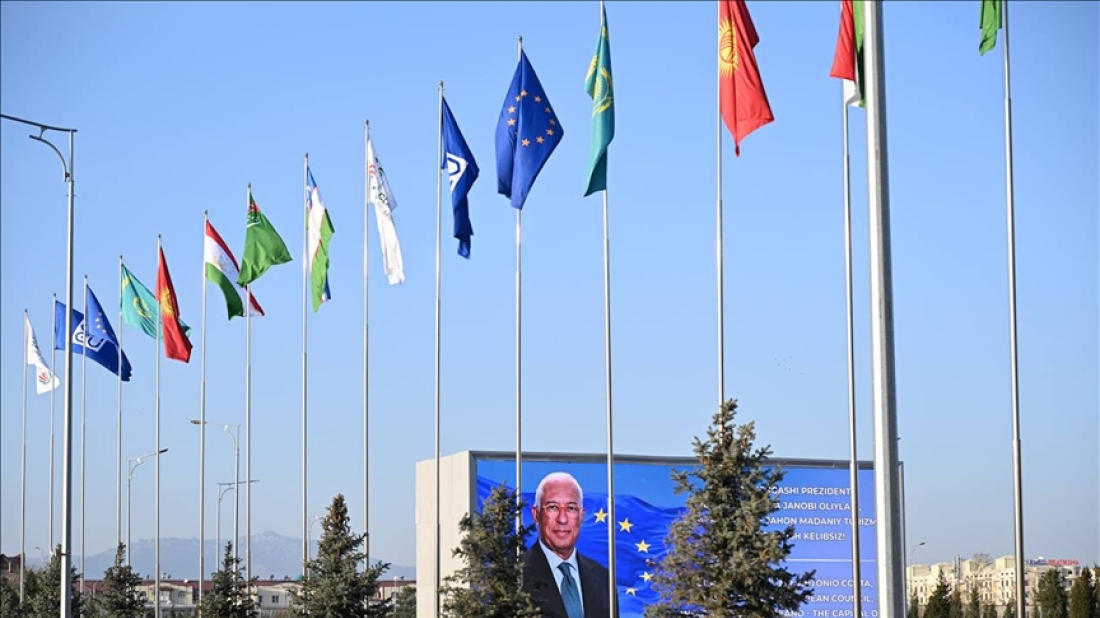
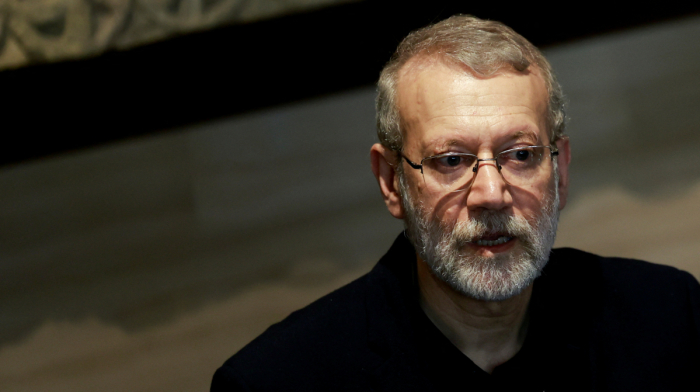
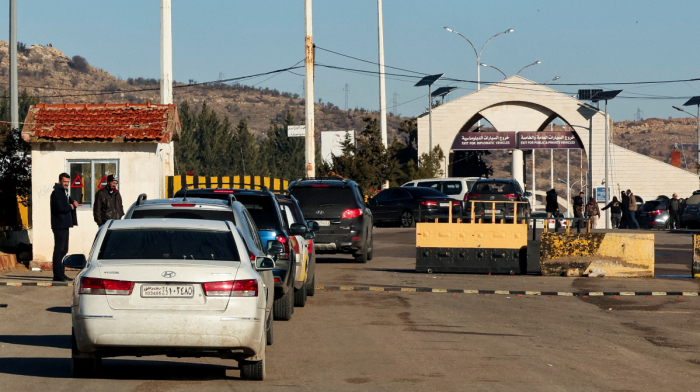
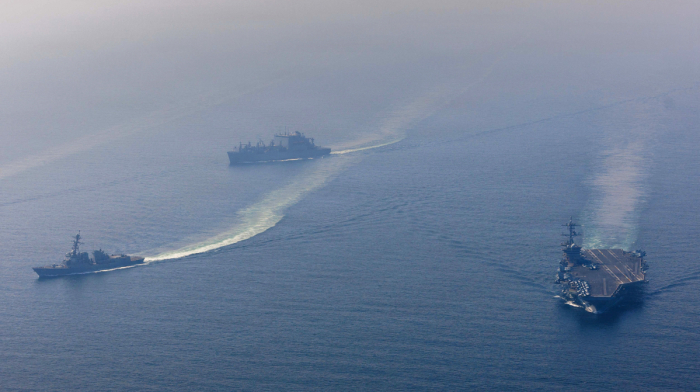
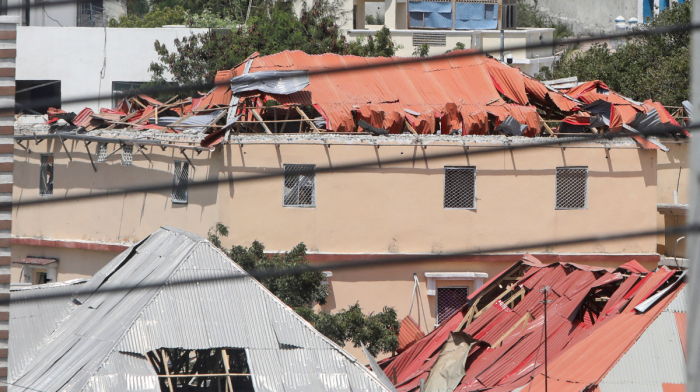


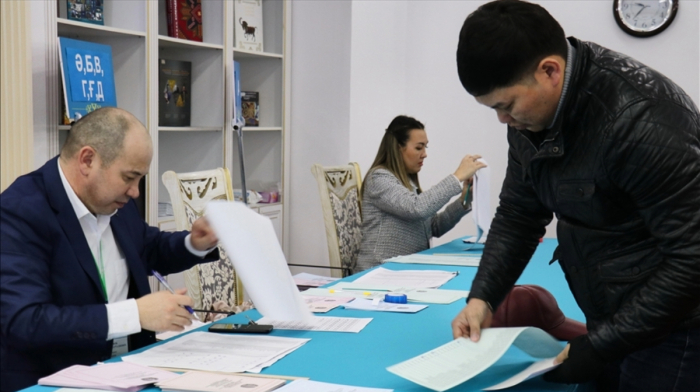

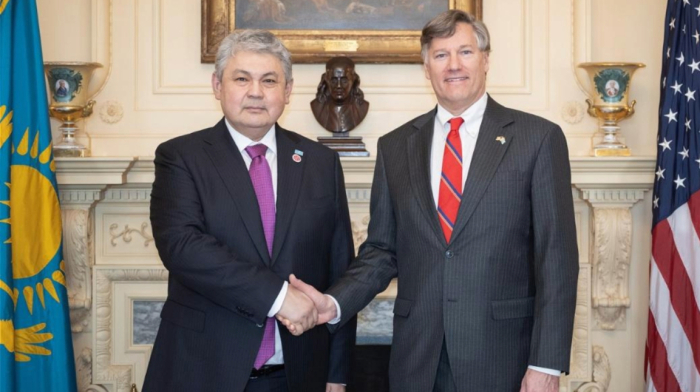
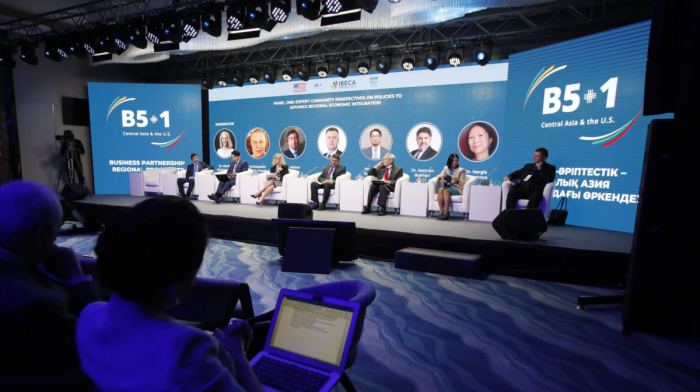
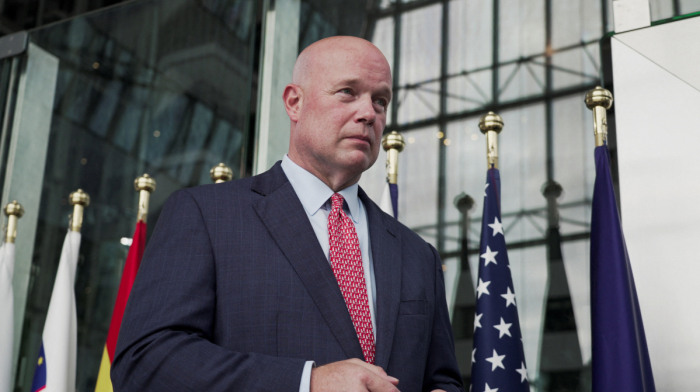


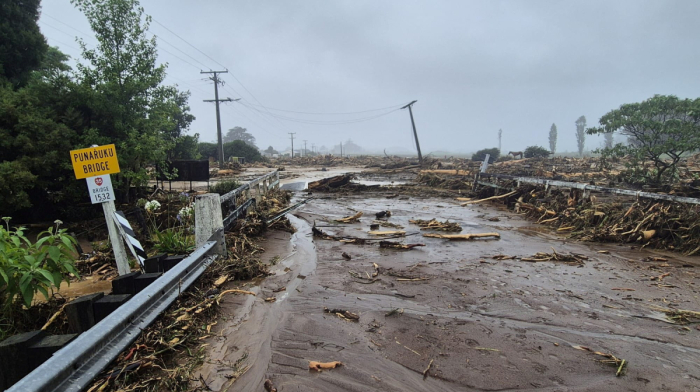


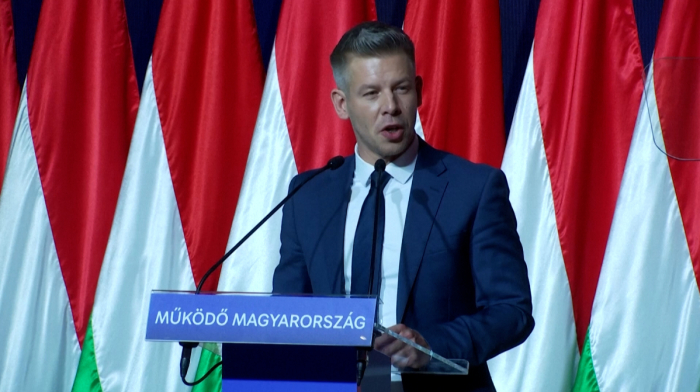
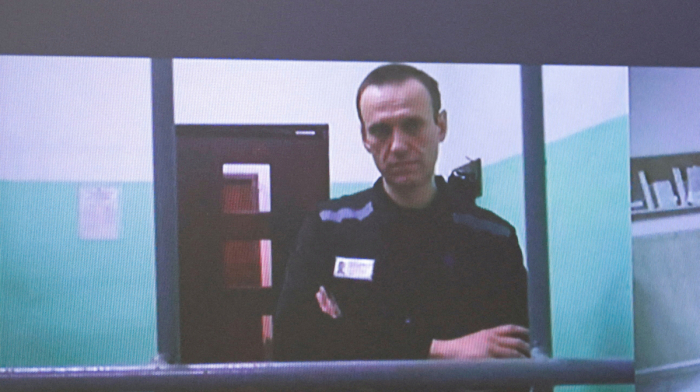



What is your opinion on this topic?
Leave the first comment